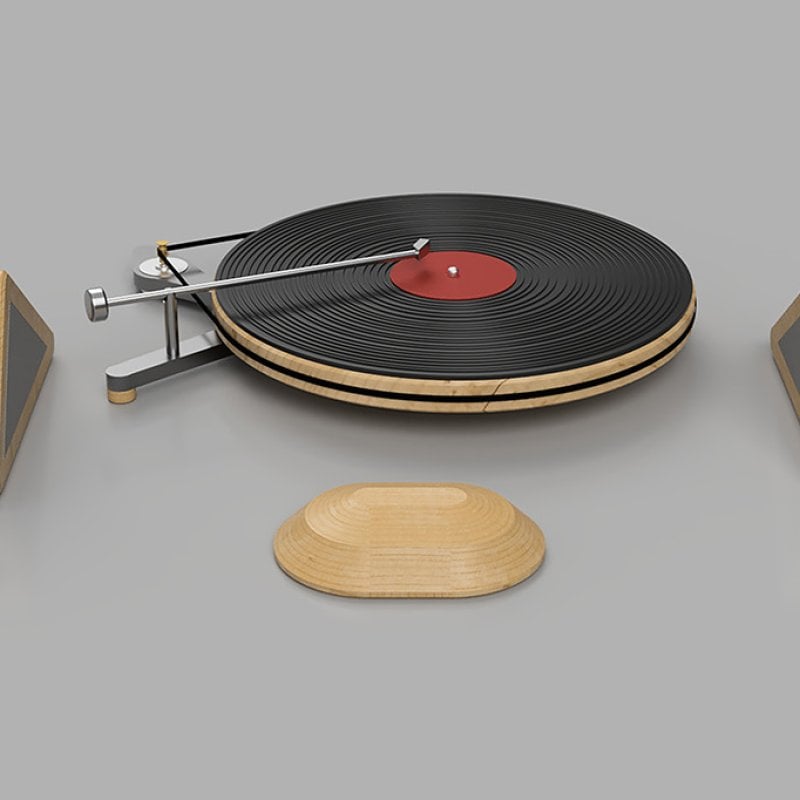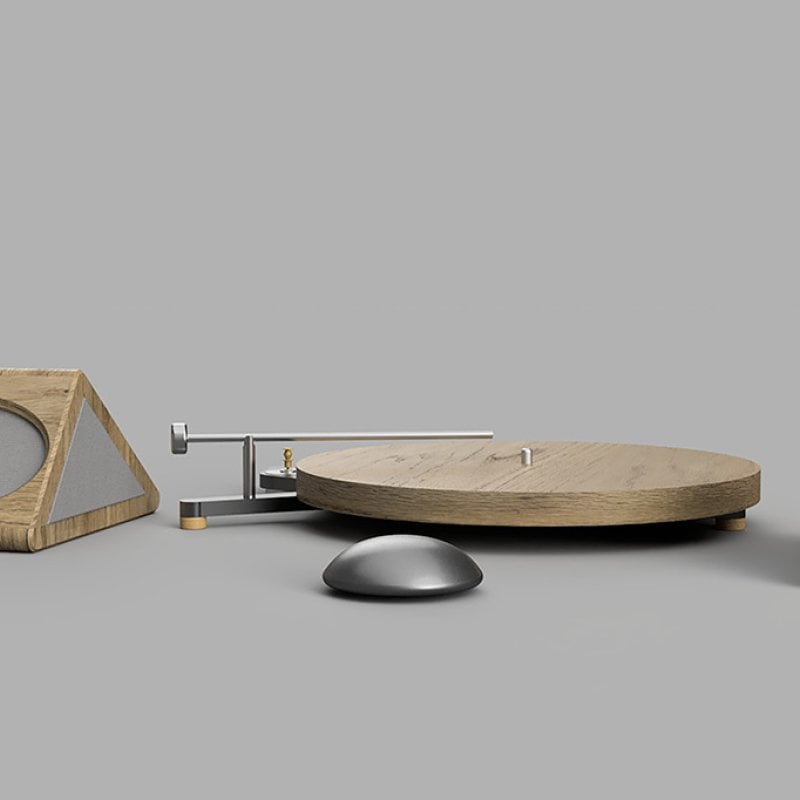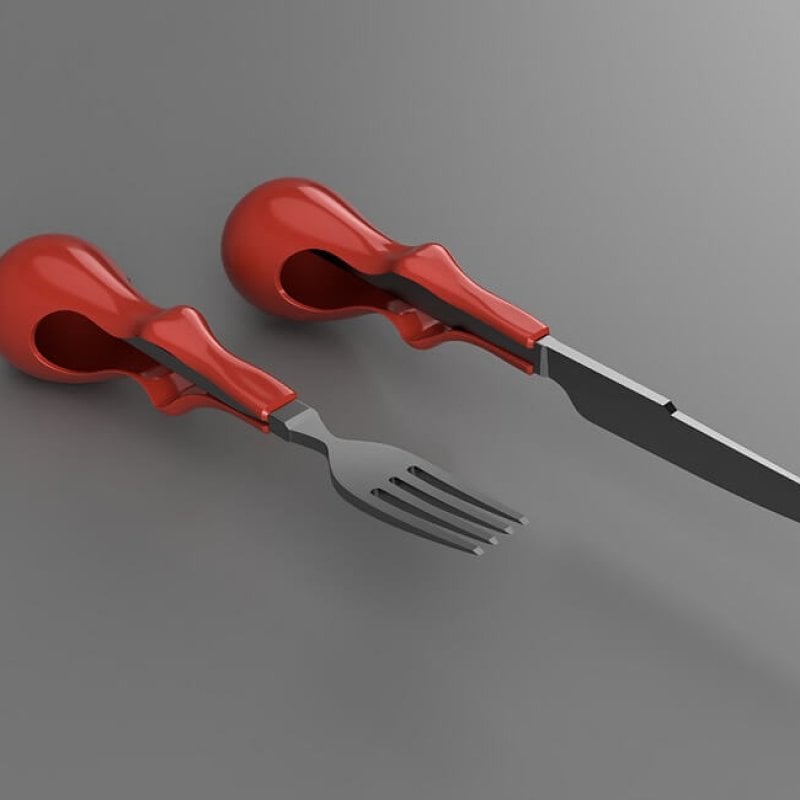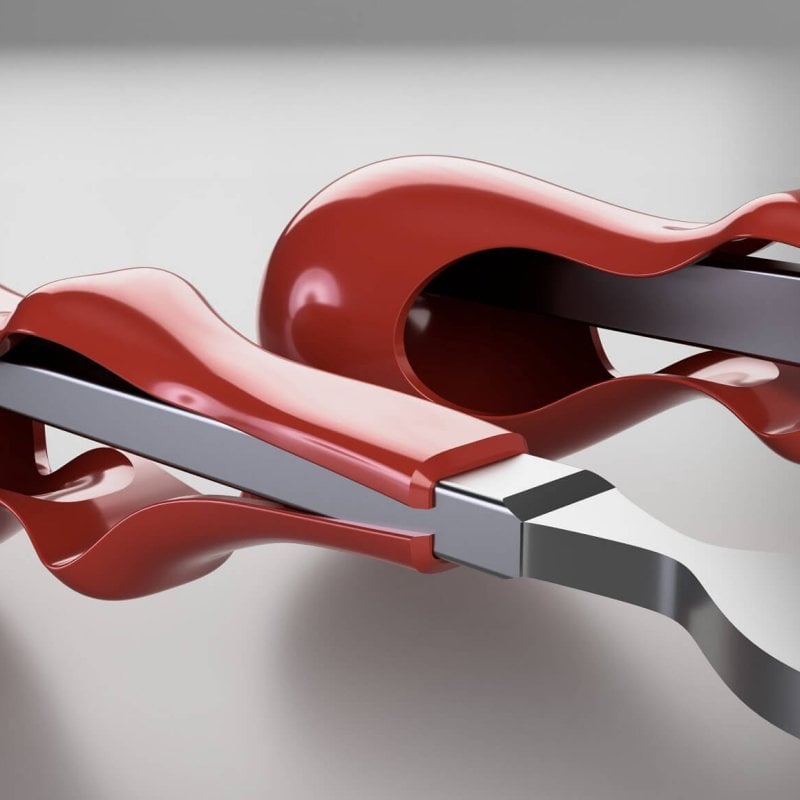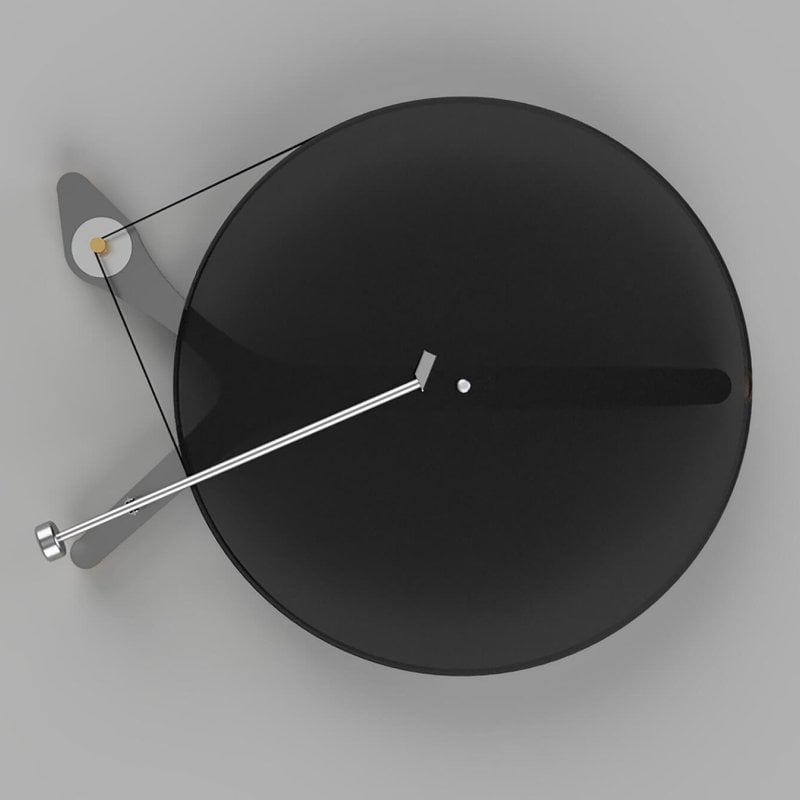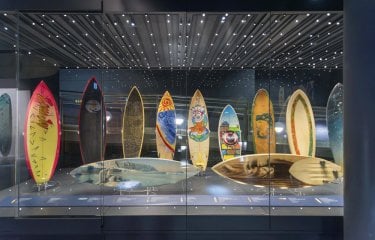Sustainable Product Design student bags multiple industry awards
09 July 2024
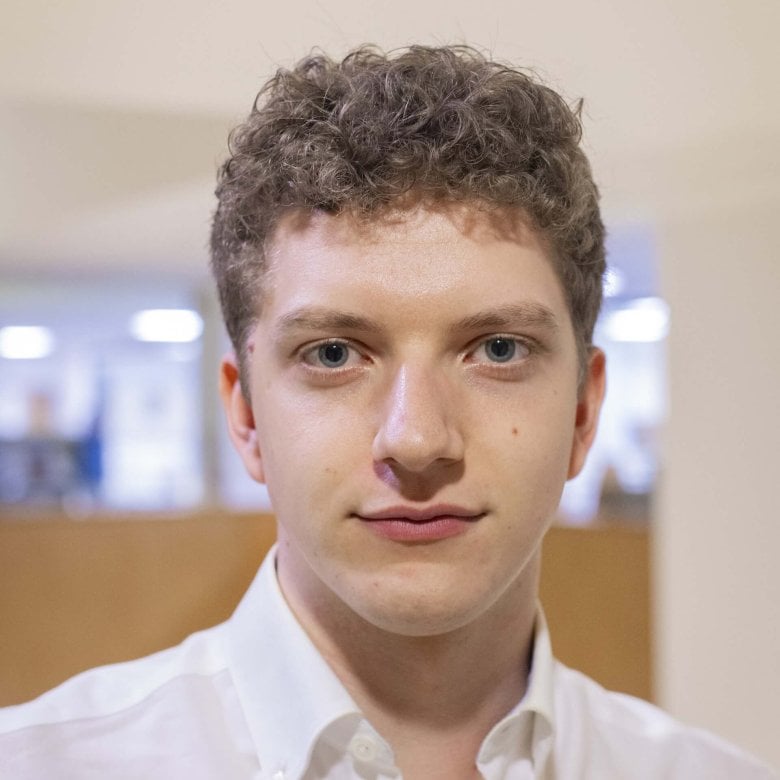
Sustainable Product Design BA student Kit Rose has picked up two coveted awards at The Manufacturer Top 100.
The awards, presented by industry commentator The Manufacturer, celebrates the top 100 people in the manufacturing industry each year across categories such as ‘Innovator’ and ‘Unsung Hero’. The awards are not based on individual projects, instead celebrating the influence or impact nominees are having on the manufacturing industry.
Despite only just completing his second year, Kit was presented with awards for both ‘Net Zero Hero’ and ‘Young Pioneer’. A panel of eight industry leaders assessed Kit’s portfolio and profile to date, before presenting him with the awards. With this recognition, Kit joins 99 others as “the most dynamic leaders and innovators in manufacturing”.
Stills from some of Kit's projects are showcased below. This work is an example of what would have been taken into consideration by the judging panel for the awards.
We caught up with Kit to ask him some questions about being presented with the awards.
How did it feel to get recognised for the awards?
It was great to have a third-party perspective of my career so far, especially from judges who have such gravitas in the industry. The Manufacturer go through a nomination, your website, LinkedIn, and CV before writing an article about you, which is then sent on to the panel to review.
It’s very rare for someone to win awards in multiple categories, so it was a very proud moment. The Young Pioneer award was because I started my manufacturing career when I left school at 16, 3D printing prototypes. I then went on to get a job in fine furniture making where my interest in design grew.
The Net Zero award was based on the processes and systems that I worked on as a furniture maker, and my project work on my Sustainable Product Design degree.
What got you interested in sustainable product design?
I come from a family of engineers who are always taking things apart and putting them back together. My dad is a motorcyclist and we’re forever solving problems in the garage to get him back on the road. Dinner table conversation is always rife with how we’d improve how things are made.
My interest in design certainly grew when I got a job making fine furniture during COVID, and it provides a good context for what I learn in my degree.
Why did you choose Falmouth for your degree?
I didn’t want to just study sustainability as a 20-credit module on a product design degree. Literally from the first day at Falmouth, we were talking about sustainability and it doesn’t ever leave the conversation, which is great.
There’s also the fact that there’s no specific design style at Falmouth – you’re not, for instance, taught how to design a popular vacuum cleaner. You’re taught how to design anything, which will give you a step up when you graduate.
How was the group work aspect?
There is a fair amount of group work on the course, which has been great for broadening my perspective in working as a team. Going into the degree, I had always been the youngest and most inexperienced person in the workshop, so I’ve had to adapt to working with peers at the same level, taking the lead when necessary.
It’s taught me that people design things in different ways, and you need to give others the time and space to nurture their ideas.
What’s the most exciting thing about sustainable product design at the moment?
When I attended the awards, there were a lot of stalls to visit and people in the industry to talk to. I saw demonstrations of new machines that use AI as a bridge between 3D printing machines and robotic quality control testing, which is amazing new technology. If the quality control robot spots an issue, it can update the 3D printer so that it can make a more accurate part. Really expensive technologies are also becoming commoditised, so ‘pick and place’ robots are being increasingly used to rely less on manual labour.
The upcoming election will be interesting – a new government could bring policy changes and funding that benefit the manufacturing industry to bring more stability and opportunities. Sustainability in manufacturing processes can also be overlooked when times are tight, so this could be further up the agenda with more tax credits, for example.
What’s in the pipeline for you?
I have just launched my own independent design agency, Kit Rose Industrial Design, and I’m working on the website for it at the moment.
I’m currently designing a lighting system for a local church and have a few other projects that are currently under embargo - I’m looking forward to promoting them soon.
Prior to my degree, I also studied photography, and I’ll continue to do some fine art photography freelance work moving forward.
External links
